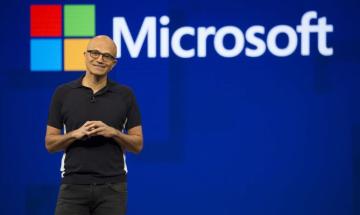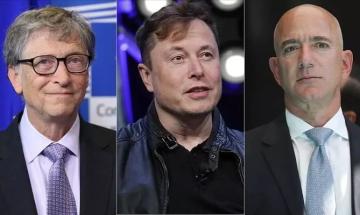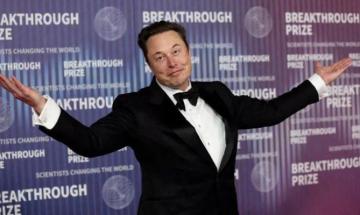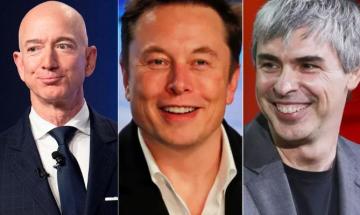Home / Technology
Tech companies that Elon Musk no longer owns
Elon Musk left OpenAI in 2018, citing conflicts over it's direction and concerns that it was falling behind Google
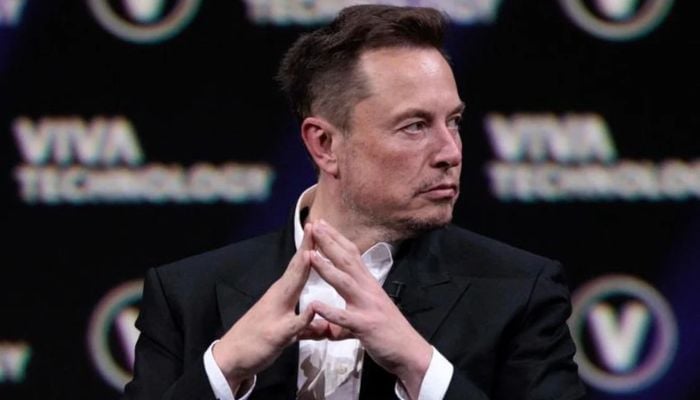
Elon Musk’s influence on the tech industry is undeniable. From revolutionising electric vehicles (EVs) to redefining space exploration, the tech billionaire’s ventures have shaped industries and inspired millions.
While Musk is best known for the companies he currently leads, such as Tesla and SpaceX, fewer people know about the businesses he once owned or co-founded that played crucial roles in shaping his career.
Here’s a closer look at the major tech companies Musk no longer owns, and the fascinating stories behind them.
1. Zip2
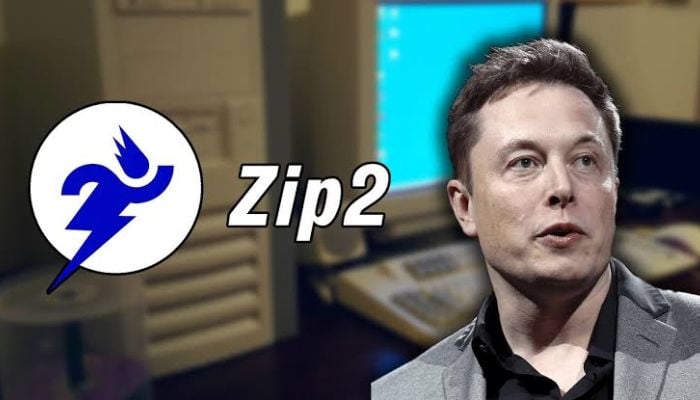
Long before Tesla or SpaceX, Musk’s entrepreneurial journey began with Zip2, a company he co-founded in 1995 in Palo Alto, California.
Originally called Global Link Information Network, Zip2 developed online city guide software for newspapers, an innovative idea during the early days of the internet.
Funded initially with $28,000 from Musk’s father, the company gained traction, but Musk’s tenure as CEO was short-lived, as he was removed in 1996.
In 1999, Compaq acquired Zip2 for $307 million in cash, providing Musk with his first significant payout and the capital that would fuel his next ventures.
2. PayPal
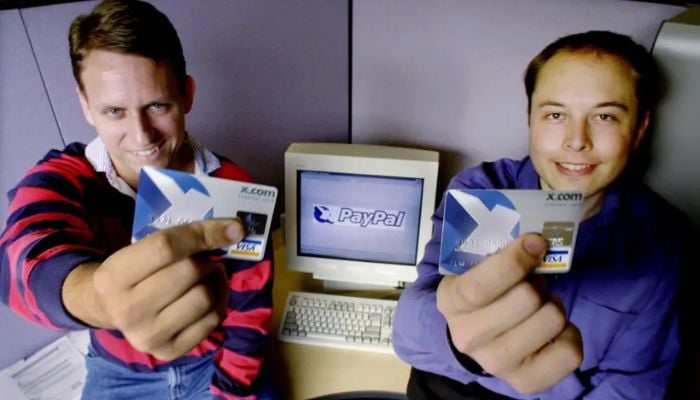
In 1999, Musk founded X.com, an online financial services and payment company. A year later, X.com merged with Confinity, which had developed PayPal’s money-transfer service.
Musk was ousted as CEO in 2000 during a dispute within the company. Despite his removal, Musk remained PayPal’s largest shareholder, holding 11.7% of the company at the time of its acquisition by eBay in 2002 for $1.5 billion.
3. SolarCity
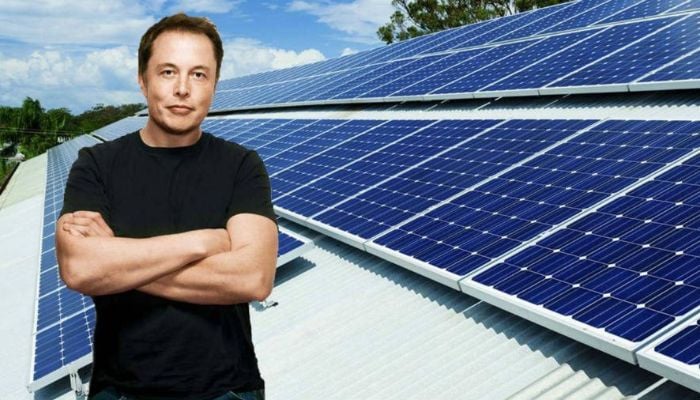
Founded in 2006 by Musk’s cousins, Peter and Lyndon Rive, SolarCity aimed to accelerate the adoption of solar energy for homes and businesses.
Musk served as chairman and invested $10 million into the company, seeing it as a crucial piece in the clean energy puzzle.
In 2016, Tesla acquired SolarCity for $2.6 billion in stock, merging it into Tesla Energy.
The move was part of Musk’s “Master Plan” to transition the world from fossil fuels to a sustainable, solar-powered future.
4. OpenAI
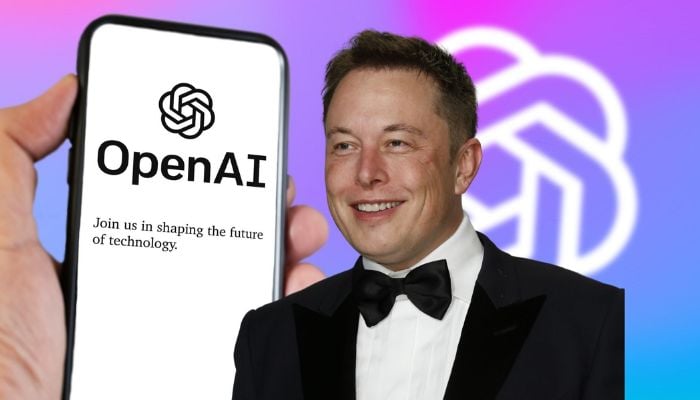
In 2015, Musk co-founded OpenAI with Sam Altman and other leading thinkers, unified by the mission of developing safe and open artificial general intelligence (AGI) for the benefit of humanity.
However, in 2018, Musk left the company, citing conflicts over OpenAI's direction and concerns that it was falling behind Google.
Later in July 2023, Musk launched xAI, an AI startup, which, according to him, is focused on building AI that is "maximally curious and truth-seeking."
He views xAI as a counterweight to OpenAI and its close ties to Microsoft.
However, in a dramatic turn of events, Musk is now suing Altman over the company's alleged deviation from its non-profit mission.
The lawsuit will go to a jury trial in spring 2026.

